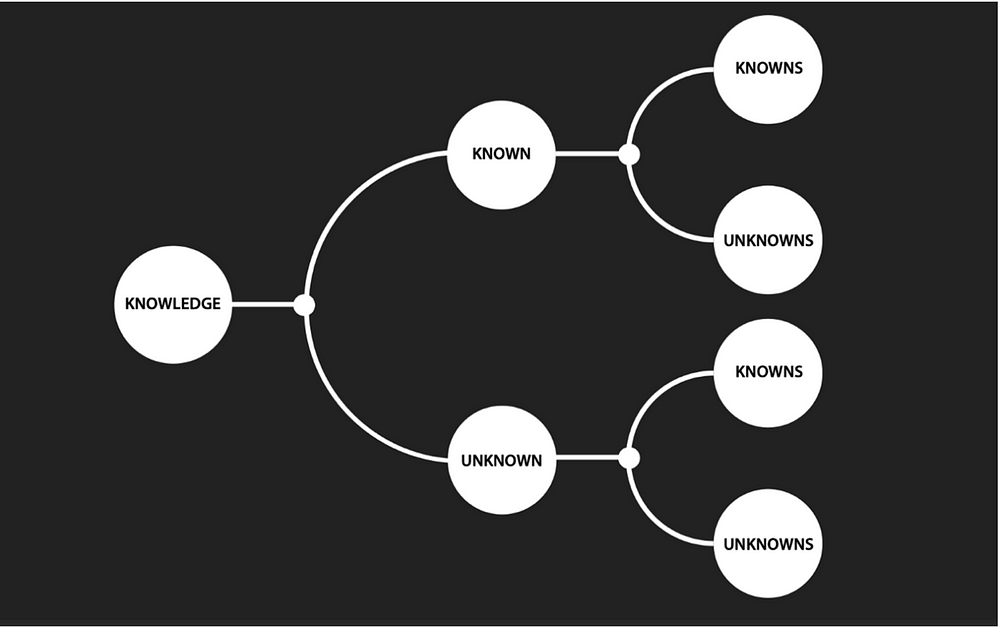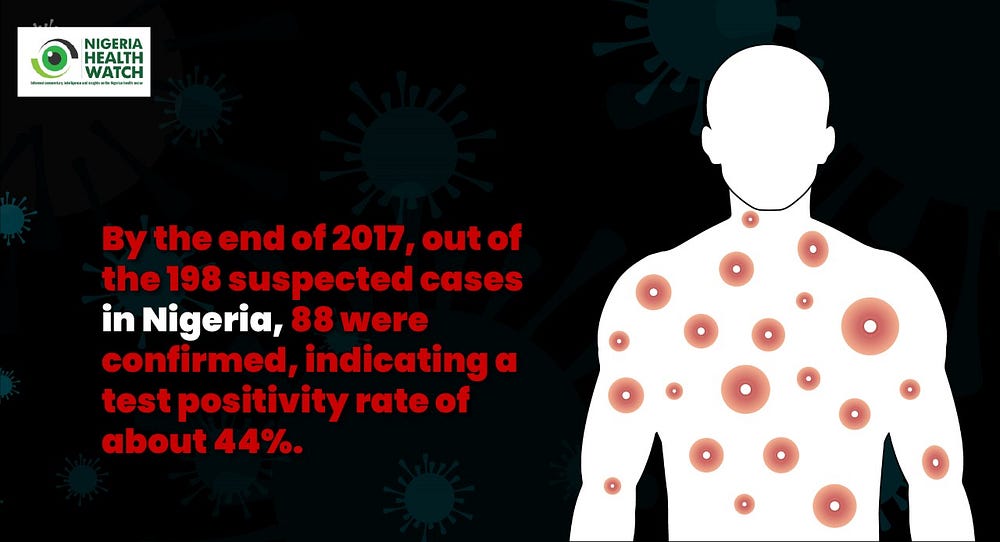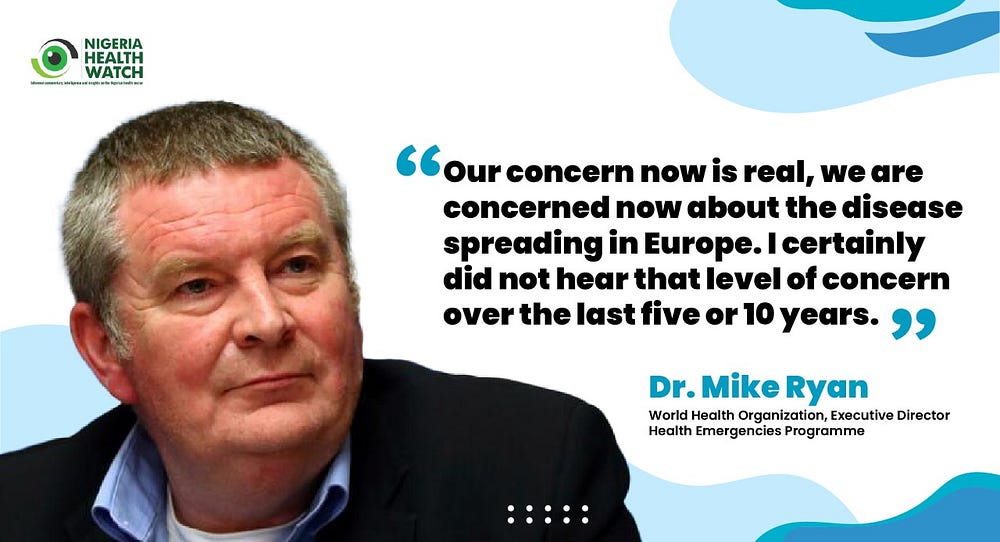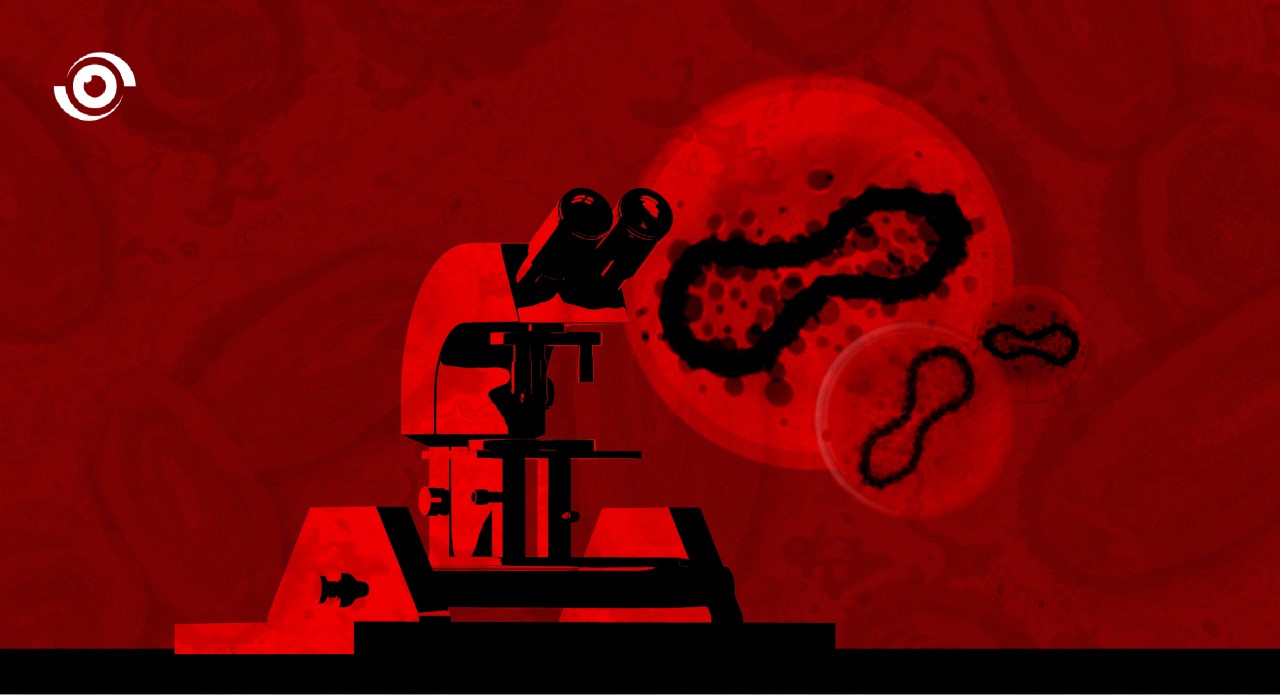Again, the world is paying attention to another infectious disease outbreak. This time it is monkeypox, a rare disease that many people may never have heard about, until recently. Named after a well-known primate — monkeys, due to the early origins of the disease. Its re-emergence and spread to many countries across the world has led to global health leaders going through some deep introspection, while doing some Johari window analysis. In simple terms, the rapid spread of monkeypox has led to the realisation and deep analysis now about the many known knowns, known unknowns, and unknown unknowns about the disease.
This feels like déjà vu, as Nigeria went through a similar scenario in 2017 when out of the blue, it recorded the sudden re-emergence of monkeypox cases in many locations in the country, simultaneously — very similar situation to what we are witnessing globally at present. At the time, there were deep discussions about the same known unknowns, unknown unknowns, as we are having today and suffice to say, it did not illicit much attention globally. Maybe if the world had paid attention then, we would know more about this disease today.

Source: Justo AJ. The knowns and unknowns framework for design thinking [Internet]. Medium. 2019. Available from: https://uxdesign.cc/the-knowns-and-unknowns-framework-for-design-thinking-6537787de2c5
As of 2 June 2022, reported cases of monkeypox continue to rise all over the world, with about 791 confirmed cases reported globally. In 2022, there have been 21 confirmed cases of monkeypox in Nigeria, as of 29 May, and one death.
The origins of monkeypox in Nigeria
The first cases of monkeypox in Nigeria were reported in 1971, a 4 year old child and a 24 year old mother. The next known case was reported in 1978 and following this, all seemed quiet or at least no cases were reported. The disease is thought to be a zoonotic disease with occasional spillover events to humans, but a host animal has never been identified. The human defense against monkeypox can also be explained, to some extent, by the widespread use of the smallpox vaccine which offered cross protection against monkeypox. Vaccination against smallpox stopped globally in the early 70s, following the eradication of the disease.
Monkeypox cases seemed to disappear completely in Nigeria, but in 2017, after 39 years, the disease re-emerged unexpectedly. Theories on why this happened included the possibility that poor surveillance systems meant that the virus could have been circulating undetected and that improvements in surveillance, following the strengthening of the Nigeria Centre for Disease Control (NCDC) meant the virus was picked up much quicker. More cases were detected and by the end of 2017, out of the 198 suspected cases, 88 were confirmed, indicating a test positivity rate of about 44%. At the beginning of the outbreak in 2017, the NCDC had limited testing capacity and the initial laboratory diagnosis was undertaken at the Institut Pasteur in Dakar, Redeemers University and the US Centers for Disease Control and Prevention (US CDC).

The re-emergence of monkeypox
Following the outbreak in 2017, Nigeria appeared to do everything by the rulebook. The country met the International Health Regulations (IHR) reporting requirements, notifying the World Health Organization (WHO) about the outbreak. It shared data freely to everyone that was interested, through every medium possible. Since 2017 to date, over 14 articles have been published in peer reviewed journals relating to all aspects of this new disease. Several research gaps were identified and despite pleas for support in doing the necessary research to plug the knowledge gaps in the published papers, there was little interest in this disease as it appeared to affect only those living in West and Central Africa. However, colleagues in the NCDC, in the Niger Delta University, Bayelsa State, Nigeria and partners, kept publishing their findings on this disease.
Then, cases started being identified in travelers out of Nigeria. First, to the United Kingdom (UK), not surprising given the strong historical ties between the countries. But then to Singapore, Israel and the United States (US). Despite all these exported cases, the public health response followed a similar pattern of extensive media attention, deployment of huge resources to manage cases in high containment facilities, deployment of national capacities for the public health response in all the countries with cases with a travel history from Nigeria, and a return to the norm.
There appeared to be no interest in conducting more in-depth research to learn a bit more about the origins of the virus, especially in regions where the virus was endemic. The only country that invested any resources in working with the NCDC was the US through the US CDC. Together with the NCDC, there were elaborate studies especially in the animal human interface to identify a host. One of the key unknowns about the virus is knowledge about the natural reservoir of the virus and as a consequence, any hope of understanding this further over the last five years has not been fully realised.

Lessons not learnt
The COVID-19 pandemic exposed the deep challenges in getting governments to think beyond their national sovereignty and national interests to consider issues of equity and align on global solidarity. In addition, there is the reality that given our understanding of infectious diseases, these ideas of national sovereignty on which we base our response instincts are irrelevant and cause more harm than good in the long term. The COVID-19 pandemic will probably go on for much longer than necessary because the world has not worked sufficiently together. But it will not be the first time this has happened and the response to the emergence of monkeypox shows that we have not learnt the lessons that we need to.
The global response to the monkeypox outbreak could definitely have been better if the world had come together over the last few years to respond to this threat which emerged from “somewhere in Africa”. Maybe, if the countries with exported cases had also committed just a few resources to work with Nigeria to understand the origins and define a response, we would know a little more today.
But there is also a lesson locally. It demonstrates the value of having a strong national public health agency and demonstrates why clinicians, communities and state governments need to come together and improve their capacities to respond to infectious disease outbreaks as well as ensuring that there is sustained funding for epidemic preparedness and response. In addition, when suspected cases surface, the NCDC has developed the sequencing capacity and increased expertise in Abuja, so there is no longer a need to seek support externally for laboratory diagnosis.
In a recent media briefing Dr. Mike Ryan, World Health Organization, Executive Director, Health Emergencies Programme unequivocally stated, “I certainly did not hear that level of concern over the last five or 10 years” in response to questions about the spread of the disease in Europe. We need to operationalise “infectious diseases do not respect borders”. That is just not how things have ever worked, and the chronic underinvestment in doing the necessary research, has now cost us in terms of poor preparedness. These are lessons one would have thought that we have learnt by now.



Informative and revealing report, well done.
The world not listening to Nigeria could be considered to be one side of the coin in my opinion, the other being that Nigeria probably needed to draw attention to her concern. Looking back is probably an unhelpful blame game, so let’s consider the future.
1) Is there a protocol to strictly follow; if none, one must be developed, led by the WHO (AFRO or HQ)
2) Nigeria must consider implementing an problem escalation strategy – respectively to ECOWAS/ WAHO, African CDC, AUDA-NEPAD, and AU, to seek attention in that order.
I assume the above were not part of the steps taken, otherwise, they would have ben referenced in your report.